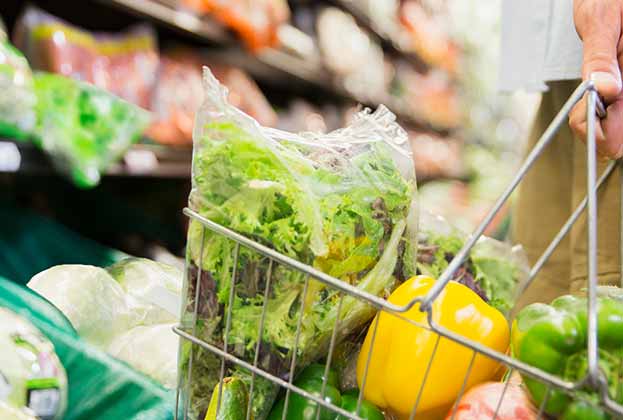As 2021 provides a glimmer of hope that things will start to pick up from the pandemic, we have seen a wide range of industry-changing shifts in retail that may just outlast the coronavirus.
The pandemic has definitely changed consumer behavior: anyone can tell that people are more conscious of the value of their money, more deliberate in their shopping, and wary of catching the virus while outdoors. Consequently, shops have had to implement safety measures while rushing through marketing tactics to regain consumer confidence.
The situation has also highlighted the shortcomings of some brands, particularly in technology, delivery and aftersales service. Now, more than ever, companies have to realign their business model to incorporate customer-centric strategies, safety measures, e-commerce and digitalization.
All of these require capital outlay with long-haul return on investment. Hence, retailers have had to scale down their expansion plans and on top of that, close unprofitable premises.
Retail will remain a part of our lives, whether it be online or in-store shopping, but what lies in store for us in 2021?
Meanwhile, social media–mainly Instagram, FB and YouTube–are now essential tools to boost brand awareness. Footfall does not correlate to sales as much as online engagement. In many countries with decent wifi and delivery, online sales is outstripping brick-and-mortar.
A safe and effective vaccine is already available, but the rollout will not be instantaneous, and some habits are now already ingrained in us. Retail will remain a part of our lives, whether it be online or in-store shopping, but what lies in store for us in 2021?
Supermarkets
Supermarkets are the only sector to have strengthened during the health crisis, hence hardly resorting to rent renegotiation. Now deemed the saviors of the retail sector, supermarkets have already diversified their product range, from essential food items to specific pharmaceutical products, magazines and clothes. Home delivery services are reaching out to more people. Senior citizens have priority access to shop during early opening hours. Supermarket brands are expanding to open new outlets, which in turn, are attracting investors as supermarkets have become a relatively low-risk investment scheme.
Food and Beverage
F&B will survive thanks to food delivery services and outdoor dining. Indoor dining is challenged in terms of viability with the limited capacity allowed for social distancing. Prime areas will maintain clientele come what may, but secondary areas will have an appeal for local residents. Creative retailers will even go that step further and offer personalized products with attractive packaging. Especially during the pandemic when people are not eating out as much, Instagram-worthy items benefit from free word-of-mouth marketing through sharing on social media channels.
Fashion
Fashion will largely depend on online sales and digitalization. Promotions and discounts will be key to maintain sales. New stores will only be opened by strong and fearless brands that want to take advantage of the current situation.
As we are mostly home-based, our necessities have drastically changed in our work attire. Prior to the pandemic, suits and ties were the norm, but now comfortable home wear is acceptable. Working from home has also reduced revenues from lunching out, car sales, and some cosmetics and perfumes, but by far, the most significant declines are in the dress-to-impress category.
Brands that have highly invested in online shopping are now reaping the rewards.
Banks
Banks have had to move with the times. Online services will include personalized consultancies and less need to visit branches. In light of the imminent merging of Bankia with CaixaBank, will we see further mergers?
Gymnasiums
This sector has quickly adapted to online fitness sessions such as aerobics and yoga. Prior appointments are needed to visit real-life premises. Gyms are highly sensitive to increased hygiene levels and the need for extra safety precautions. Promotions designed to attract new clients as well as entice back past customers will be important going forward.
Retail Spaces
On a national level, vacant spaces could be repurposed for pop-up stores and pick up points for parcels, appreciated for their immediate availability. Perhaps the next trend will be transformation of specific retail stores into other business ventures? Will we see vacant cinemas refurbished into supermarkets, fashion outlets into cafés and banks into fast food chains? Will we go the way of Manhattan where there are proposals for vacant buildings to be converted into residences for working people, so they can be near their places of work? There is no limit to ingenuity in the drive to thrive.
E-commerce
The future of the digital world has become the present when the pandemic accelerated the adoption of a digital lifestyle, and there is no stopping it now. Agility to move with the times is crucial in all sectors. Interestingly, pure players will have to endure heightened competition among themselves, even in the e-commerce space. There has been a recent shift to Click-and-Collect models, and this will only increase as time goes on. Brands that have highly invested in online shopping are now reaping the rewards.
.jpg)






.jpg)


